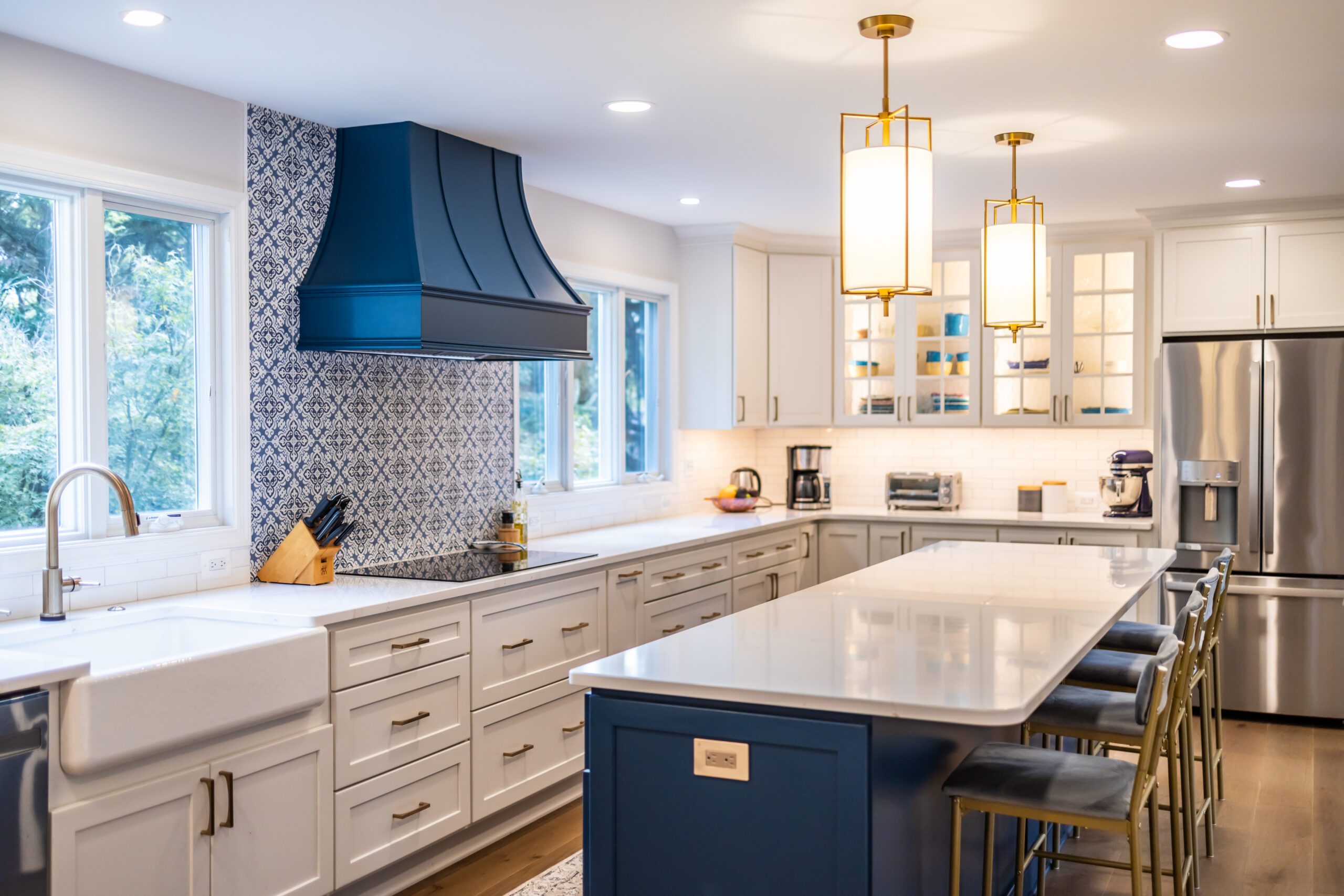In Maryland, kitchen remodels take between 6-12 weeks depending on the level of remodel required.
Understanding the potential timeline helps homeowners set realistic expectations and plan accordingly. Below, we delve into the different types of kitchen remodels, their estimated durations, and factors that influence how long the process takes.
General Timeline Estimates Once Construction Starts
| Type of Kitchen Remodel | Estimated Duration | Scope of Work |
|---|---|---|
| Minor Kitchen Remodel | 6 to 8 weeks | Cosmetic updates such as painting, replacing fixtures, and updating appliances without major structural changes. |
| Moderate Kitchen Remodel | 8 to 10 weeks | More extensive updates, including new cabinetry, countertops, and flooring, along with some layout changes but not a complete overhaul. |
| Major Kitchen Remodel | 10 to 12 weeks or more | Significant changes such as relocating plumbing and electrical systems, structural changes, or a complete redesign of the kitchen layout. |

Factors Influencing the Timeline
1. Design Complexity
The level of customization and design intricacy plays a major role in the duration of a kitchen remodel. Custom cabinetry or high-end materials may take longer to fabricate and install compared to standard options.
2. Permits and Approvals
For major renovations involving structural changes, relocating plumbing, or upgrading electrical systems, obtaining necessary permits can add several weeks to the timeline. Local government processing times vary, so it’s essential to factor in potential delays.
3. Contractor Availability
The availability and schedule of your chosen contractor significantly impact how quickly work can begin and proceed. During peak remodeling seasons, securing a contractor may take longer, potentially extending the project timeline.
4. Supply Chain Issues
Material and appliance delays can cause significant slowdowns. Factors such as global supply chain disruptions, back-ordered items, or shipping delays should be anticipated during the planning phase.
5. Unexpected Issues
Hidden problems discovered during demolition, such as outdated wiring, mold, or structural damage, can lead to additional work and time requirements. These unforeseen challenges are common in older homes and should be budgeted for in terms of both time and cost.
Strategies to Streamline the Process
- Plan Thoroughly: Collaborate with your contractor to finalize designs, select materials, and order appliances before work begins. This minimizes the chances of delays.
- Set a Realistic Timeline: Be clear about your expectations with contractors and account for potential delays. Setting a buffer in your schedule can reduce stress if unexpected issues arise.
- Choose Reliable Contractors: Vet contractors carefully and work with experienced professionals who can handle unforeseen challenges efficiently.
- Track Progress: Regularly communicate with your contractor to ensure milestones are met and address issues promptly.
Conclusion
The timeline for a kitchen remodel can range from a few weeks to several months, depending on the scale of the project and the challenges encountered along the way. By understanding the factors influencing the timeline and planning meticulously, homeowners can reduce delays and achieve their dream kitchen efficiently. Whether you’re pursuing a minor upgrade or a complete overhaul, working with experienced contractors and setting realistic expectations are key to a successful remodeling experience.




